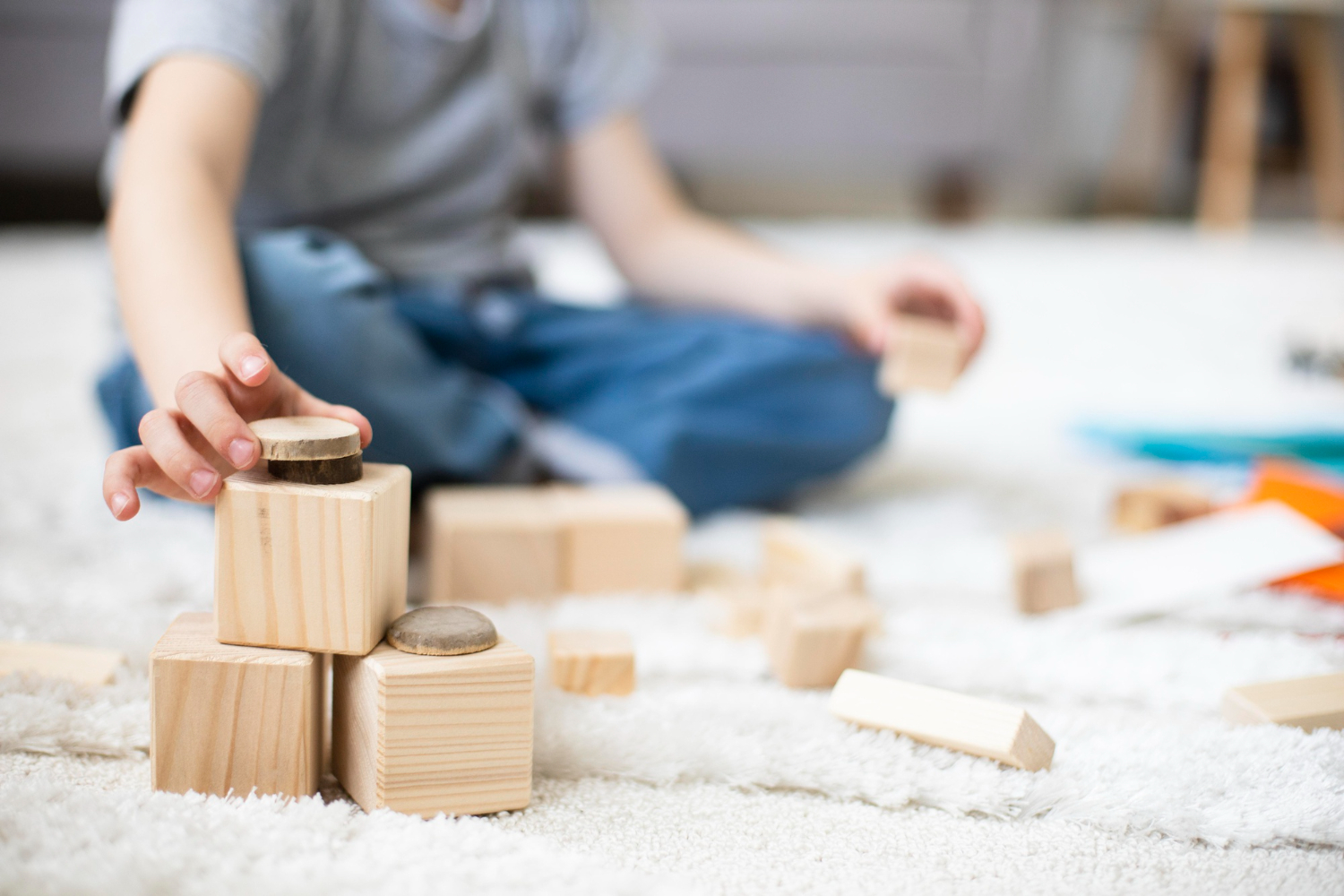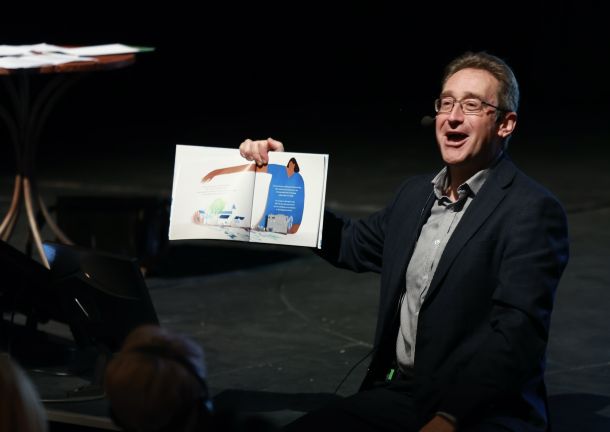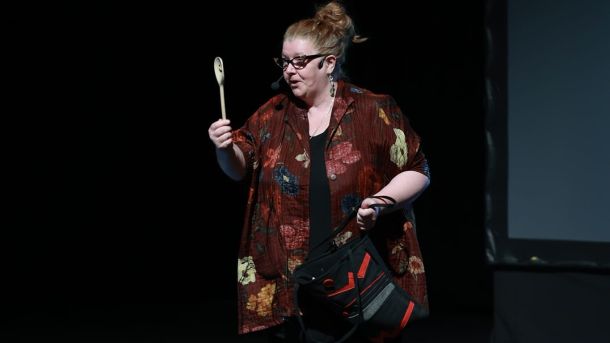
Critical thinking: what it is, how it is formed and how it helps children
Summary
What is critical thinking?
Dewey defined critical thinking as an active, persistent and careful examination of a belief or supposed form of knowledge, which involves subjecting ideas to critical examination rather than passive acceptance of them. A person who has the ability to think critically will ask the right questions in order to be as informed as possible, rather than being satisfied with the answers they receive. A child who has this ability will be able to analyse things rationally.
Critical thinking is essential for solving problems, making decisions and setting goals. 
How does critical thinking develop?
Critical thinking is one of the most important skills children will need in the future. As society changes and the access to information is unlimited, children need to be able to do more than just repeat what they hear or read. They need to be able to make sense of information, analyse, compare, evaluate and come to conclusions. Most of the time in school, children learn by repeating either what the teacher says or what is written in the textbooks. In many educational institutions, active learning is completely lacking. So children learn to follow certain steps, which they think are the right ones, in a certain order, so that they get the right answer and therefore a grade or mark.
Children learn more about how to memorise information rather than how to think.
Parents play an important role in developing critical thinking. Although it is often difficult to teach critical thinking, parents can help children to form critical thinking skills and to be always curious, to seek more information about specific topics in order to solve problems or situations they face.
Activities that help stimulate children's critical thinking
- Young children should be encouraged to ask questions. Stimulating young children's curiosity is one of the best ways to teach them to think critically. "Why?" is one of the most common questions children ask. The answer to this question should not be a fixed one ('it must be so') but a starting point for a wide-ranging discussion, with arguments and conclusions.
- It is recommended that children be challenged. Children are constantly learning through repetition, mistakes and experimentation. Playing is an excellent activity that helps young children to think. Moreover, playing is the foundation of critical thinking. That's why children should be challenged to try as many stimulating activities as possible and parents should not limit their freedom. Even if it is harder for some children to solve certain games, they should be allowed to try and think up solutions for themselves.
- It is helpful for children's development to learn to solve problems. To help them develop critical thinking skills, parents can teach young children to find explanations and alternative solutions to different situations. It is satisfying for both adults and children to find the right answer, but in many cases some problems or situations in everyday life may have more than one solution. When children consider more than one solution, they can become more flexible in their thinking.
- Building hypotheses is another activity that can bring many benefits to children. Pausing play for a few moments to encourage your child to develop hypotheses is a critical thinking exercise that helps develop this essential life skill. Simple questions such as "If we do this, what do you think will happen?" during playtime will help young children.
- It is a good idea to expose young children to as many situations as possible. Interacting with other people, discovering unfamiliar places and engaging in new activities are important for children's development. The more they are exposed to different situations, the more open and curious children will learn to look at the world.
Encouraging children to ask questions, stimulating them through engaging discussions and guiding them to discover as many alternatives as possible contributes to the development of critical thinking from an early age.
Activities that discourage critical thinking in children
Not having access to information is one of the reasons why some children do not develop critical thinking skills. However, there are many practices that are actually unhelpful in developing logical thinking:
- Children don't know why they have certain boundaries. Both parents and teachers should give children reasons when they ask them to do things in a certain way. Asking children to simply follow certain information and obey adults' orders is a way of discouraging the development of critical thinking.
- Children are punished if they ask uncomfortable questions. Curiosity is defining for children, and when it is not allowed to run free, young children can have cognitive problems.
- Children are offended. The answers to the problems children face may be obvious to adults as life experience speaks for itself. The fact that parents can more easily think of answers should not influence the child's ability to analyse. Children should therefore be left to work out the answers for themselves and should not be offended if the process takes longer.
- Children are discouraged. When they have an idea or a point of view about a problem or situation, children should be encouraged to follow their own beliefs. If they are discouraged from engaging in different activities or expressing certain views, young children will eventually stop expressing themselves, which will affect their ability to think critically.
- Children come into contact with the ideas and assumptions of others. Developing critical thinking refers to children's ability to form their own ideas and find the best solutions. When young children are forced to read and retain certain information without being given the opportunity to analyse and question it, they may find it difficult to express their own beliefs in the future.
Therefore, children should not be restricted in their ability to think and express themselves and should be allowed to express themselves freely, without feeling any pressure.
Why is critical thinking important?
Some of the benefits of critical thinking are:
- Developing leadership skills. A leader leads by example and one of the tools they need to excel is critical thinking.
- The ability to have a clear vision on certain issues. People who have the ability to think critically have a clearer view of the situations they are put in, which allows them to see the essence of a problem and find solutions to it more easily.
- Ability to find ways out of difficult situations. Critical thinking involves analysing problems and finding solutions. A critical thinker sees possibilities in problems, thus identifying ways out of any difficult situation, no matter how difficult it seems at first.
- Ability to make good decisions. People who think critically deal with problems as they arise, thanks to their ability to find different angles to approach and solve them. Ultimately, they make the right decisions.
- Developing creativity. When a person thinks critically, they don't focus on a particular idea or solution. Critical thinking involves a lot of ideas from which to select the one that best fits the needs of the moment.
- Developing persuasive communication. As they develop critical thinking skills, young children learn how to construct logical arguments with which they can be persuasive.
In conclusion, critical thinking is a skill that children should develop as soon as possible, as it will benefit them throughout their lives, and parents and teachers play an important role in this process. Kinderpedia, the comprehensive communication and management platform for schools and kindergartens, supports school-family dialogue, facilitates feedback and strengthens the school community. Children learn in a friendly environment based on listening, empathy, respect and trust, which encourages the development of critical thinking.
How Kinderpedia supports active learning and the transition to a modern classroom
https://www.parentingforbrain.com/critical-thinking-for-kids/#
https://www.brighthorizons.com/family-resources/developing-critical-thinking-skills-in-children
https://www.verywellfamily.com/how-to-teach-your-child-to-be-a-critical-thinker-5190765
https://parentingscience.com/teaching-critical-thinking/
https://www.theschoolrun.com/how-help-your-child-develop-critical-thinking-skills
https://www.canr.msu.edu/news/the_importance_of_critical_thinking_for_young_children
https://plato.stanford.edu/entries/critical-thinking/history.html
https://www.theblacksheep.community/benefits-of-critical-thinking/
https://criticalthinkingacademy.net/index.php/ct/benefits-of-critical-thinking#

Kinderpedia
The complete communication and management solution for schools and childcare centres.
Simplifies teachers' work and brings parents closer to their children's school progress.
Recommended articles
Want to improve your center quality? Kinderpedia is here to help! Not only do we provide thousands of informational content pieces like blog posts, podcasts, webinars and more, we are also makers of the #1 Rated and Reviewed Childcare Software.







